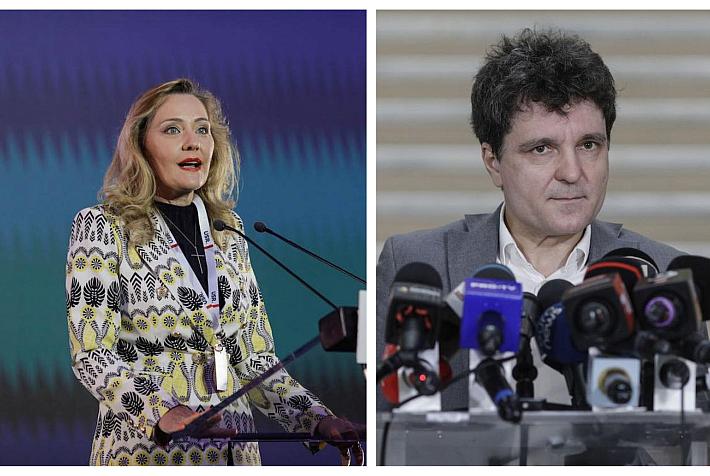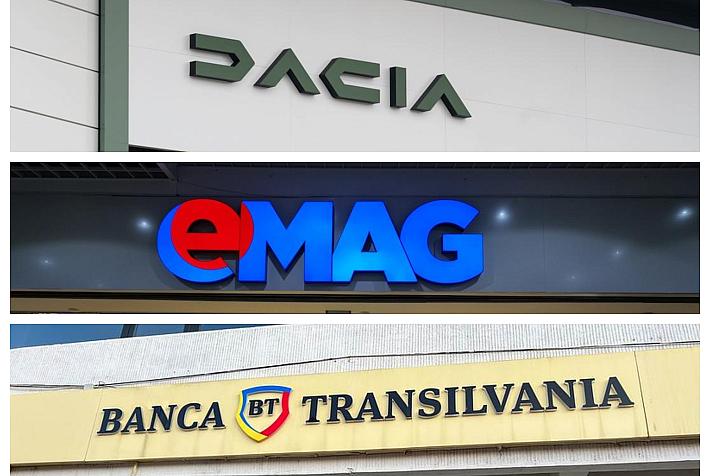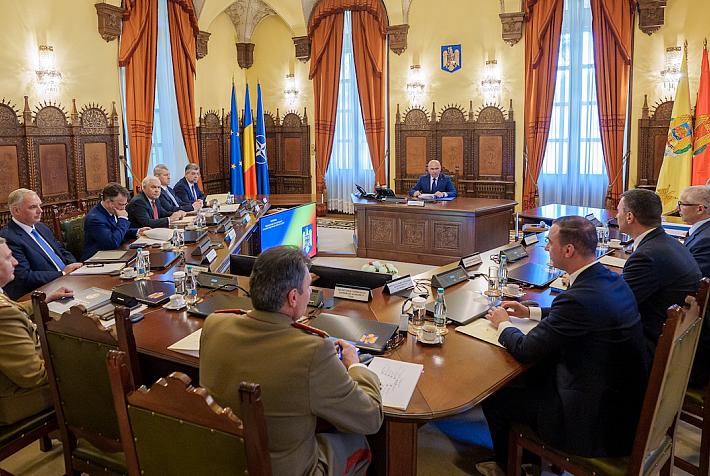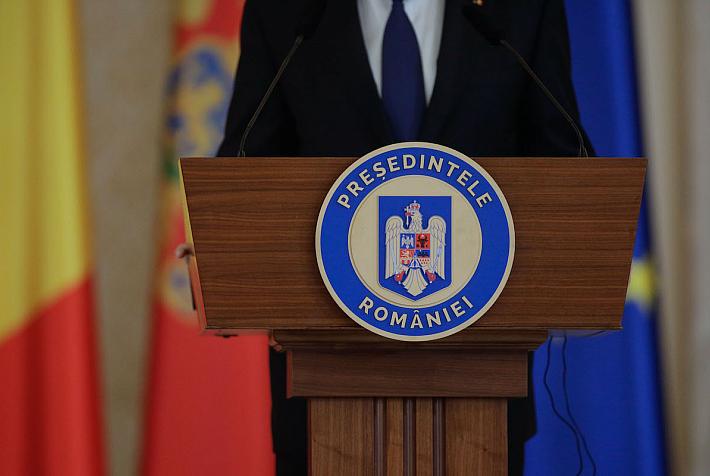Romania’s PM announces first measures to help the economy deal with Covid-19 effects

Romania’s Government adopted on Wednesday evening, March 18, the first set of measures aimed at helping local companies deal with the effects of the new coronavirus (Covid-19) epidemic. The measures include extended guarantees for companies that take loans for investments and working capital and covering the costs with technical unemployment for the companies that suspend their operations because of the coronavirus, prime minister Ludovic Orban announced in a press briefing on Thursday, March 19.
The Government issued an emergency ordinance to increase the maximum total value of guarantees that can be extended to local SMEs.
“We increased the ceiling by RON 5 billion (EUR 1.04 bln), we are committed to increasing it by another RON 5 billion, if necessary, and we can reach RON 15 billion. We guarantee loans for investments and working capital, for which the interest is 100% subsidized. The guarantee covers 90% of the loan value, for loans up to RON 1 million, and 80% of those over RON 1 million,” the prime minister said.
He added that the Government also decided to reimburse VAT of up to RON 9 billion (EUR 1.87 bln) to allow companies to benefit from the working capital needed to operate.
“We have decided that the budget rectification will increase the budget for the settlement of medical leave. We have proposed to allocate the money for the settlement of medical bills so that companies benefit from this capital inflow,” the prime minister went on.
Another measure adopted by the Government is to ensure the payment of technical unemployment, for employees sent into technical unemployment due to the coronavirus crisis, from the Labor Ministry’s budget, through the Workforce Occupancy Agency - ANOFM.
“Here, we have made this decision because it is clear that many companies are directly or indirectly affected by the epidemic and many do not have the capacity to ensure the payment of wages and there is a risk that the employees will be laid off due to the state of emergency or have their employment contracts suspended. We will pay 75% of the gross salary, as much as the monthly unemployment benefit, but not more than 75% of the (national) average salary,” Orban announced.
He explained that there are two categories of employers: the ones directly affected by restrictive measures enforced by the authorities (hotels, restaurants, entertainment institutions, whose activity has been suspended during the state of emergency) and
companies that have not been directly affected by these measures, but by different consequences of the coronavirus epidemic (lower orders or the need to protect their employees from Covid-19 infection).
The PM said his cabinet has also analyzed the possibility to help companies pay the salaries of their employees but opted to support technical unemployment because of the context. “If we had supported the payment of the salaries, we would have instituted the obligation that employees continue to go to work, but we considered it a more useful measure to pay this technical unemployment so that employees do not have to go to work and thus avoid social contacts,” Orban argued.
editor@romania-insider.com
(Photo source: ID 152921757 © George Oprea | Dreamstime.com)












